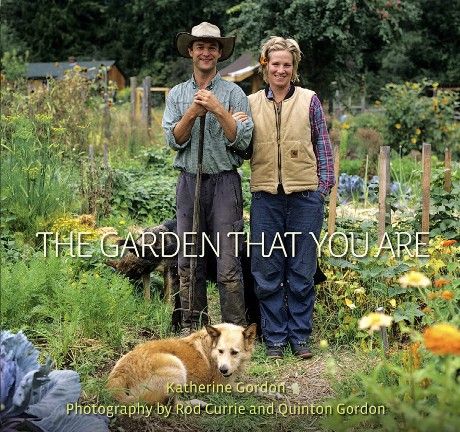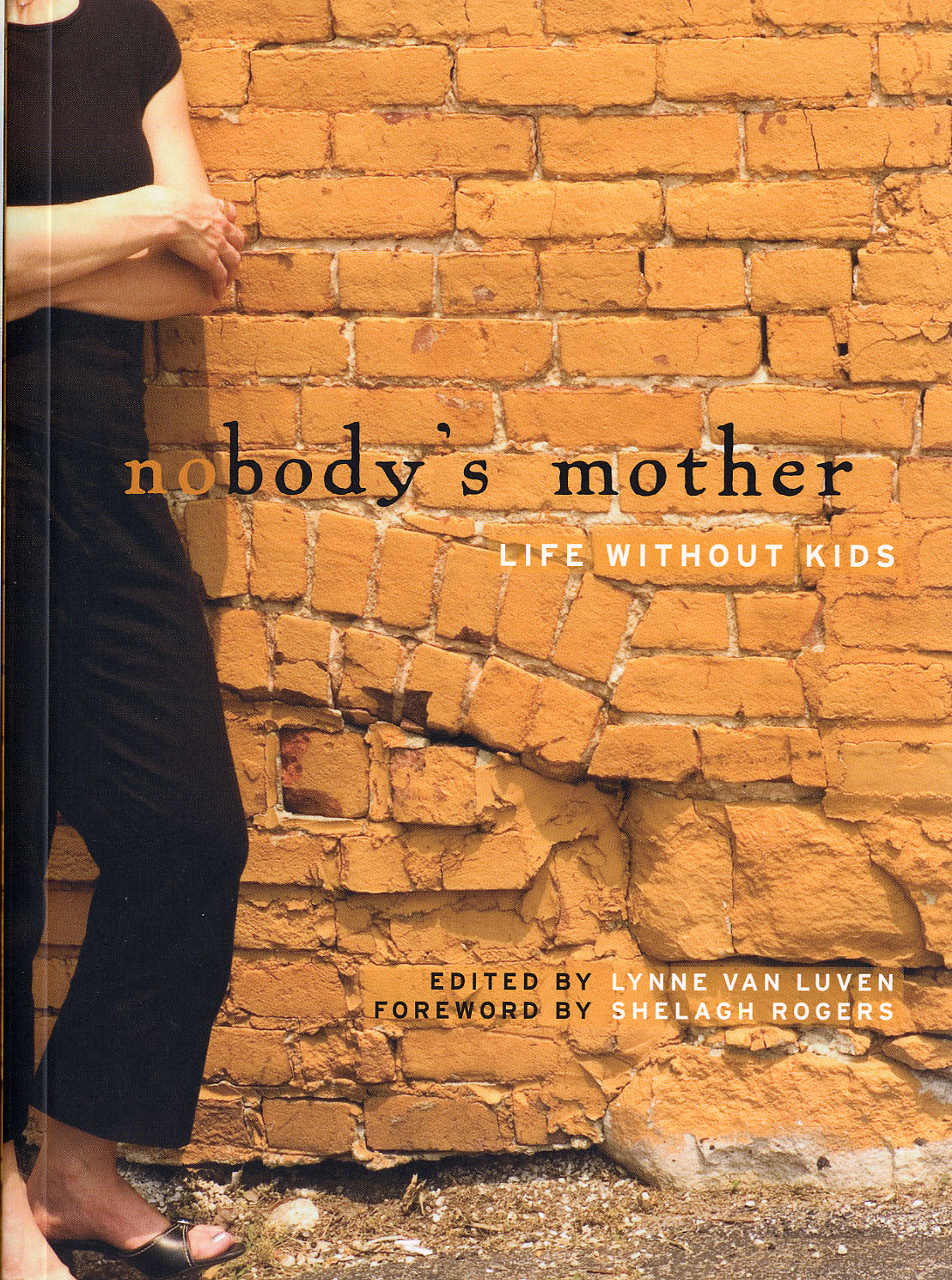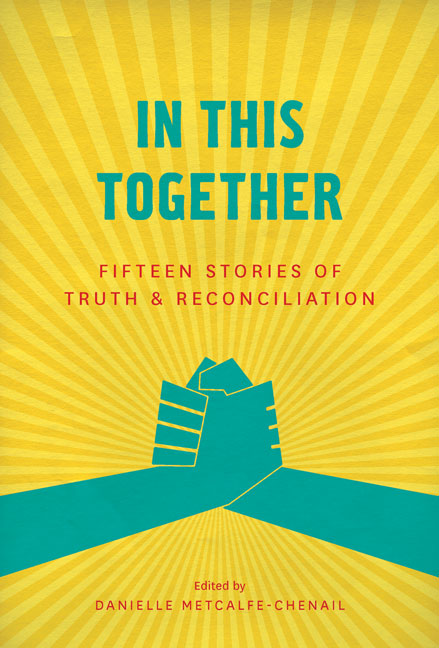Katherine Gordon
The author of eight prize-winning and best-seller non-fiction books, and a contributor to several anthologies, Katherine Palmer Gordon has been writing true stories for grown-ups and for publications in both New Zealand and Canada since 1995.
Born in England in 1963, her much-travelled family eventually settled in New Zealand. She maintains a home on Gabriola Island, British Columbia, Canada, dividing her time between Gabriola and Aotearoa for the time being.
Katherine writes about the contemporary issues that face society, both serious and light-hearted. She has covered some of the most beautiful regions of the planet; the people who live around us and what they do; and environmental, cultural, and business-related issues. Her first five books were published under the name Katherine Gordon. With the publication of her sixth book, she re-introduced her original name, Palmer, to her readers.
With more than twenty years experience working with iwi on treaty settlements and First Nations in inter-governmental relations, Katherine also writes about the complex and human side of treaty negotiations, reconciliation, and the leadership of First Nations.
Her first book, A Curious Life, is a biography of a self-styled princess who ended her years in Victoria, BC. Peggy Abkhazi (who married an Abkhazian prince) also had strong connections to New Zealand, and visited the country several times during her life. Her goddaughter Phillippa is a Kiwi.
Katherine's book "We Are Born With the Songs Inside Us" (Harbour, September 2013) profiles a number of young First Nations men and women talking about their lives in 21st century BC and the importance of cultural connection to the successful path they are following (with a Foreword by Shawn A-in-Chut Atleo, former National Chief of the Assembly of First Nations). Tewanee Joseph, whose father is Māori and mother was Squamish, is also featured in the book.
In April 2016, In This Together: True Stories of Reconciliation (Brindle & Glass, Danielle Metcalfe-Chenaille, Ed.)was published, featuring "Mother Tongues", an essay by Katherine about the importance of connection to first languages.
Her eighth book is This Place is Who We Are, about the interconnection of place, people and wellbeing (2023, Harbour Publishing), winner of the Jeanne Clarke Publication Award and a finalist in the BC Book Prizes (TBA September 28 2024).
Genre:
- Autobiography / Memoir
- Biography
- Business Writing
- Feature Articles
- History
- Journalism
- Non-Fiction
- Review Writing
Skills:
- Corporate Writing
- Competition Judging
- Editing
- Freelance Writing
- Journalism
- Manuscript Assessment
- Print Media Writing (magazines/newspapers)
- Public Speaking
- Readings (adults)
- Research
- Reviews
- Website Content
- Workshops (adults)
Branch:
Auckland
Location:
Publications:

We Are Born With the Songs Inside Us: Lives and Stories of First Nations People in British Columbia
An exploration of the connections between culture and self through the stories of young Aboriginal Canadians who discuss their lives as British Columbians of First Nations heritage, and a celebration of the importance of embracing culture and identity in a society that often seeks to obliterate it.

The Garden That You Are
Exploring the culture of gardeners: what brings us to the place that we choose to have a garden, and how does our culture, background, life and experience influence that garden - and in turn, the garden influence who we are and our experience?

Made to Measure: A History of Land Surveying in British Columbia
Recently reprinted! Contact the author to purchase a copy. The adventure story of the mapping and surveying of British Columbia. Many of BC's early surveyors came from other countries like Scotland, England and New Zealand, enjoying the sense of wilderness and space. Winner of the 2011 Haig-Brown Literary Prize in BC.

A Curious Life: The Biography of Princess Peggy Abkhazi
The remarkable story of Princess Peggy Abkhazi who, when she died in 1994 in her adopted home town of Victoria, British Columbia, left behind a life of privilege. Reigning with her royal Georgian husband over the internationally acclaimed Abkhazi garden, she had come far from her orphanhood in the industrial slums of Lancaster, England. Peggy's tumultuous 92 years intersected watershed events and locations of the 20th century.

The Slocan: Portrait of a Valley
A contemporary popular history of the Slocan valley in the west Kootenays, was released by Sono Nis Press on June 20, 2004. It has spent more than five months on the BC Bestseller list, was shortlisted for the 2005 Hubert Evans non-fiction prize in the BC Book Prizes, and received an honourable mention in the 2005 BC Historical Federation's awards for historical writing.

Nobody's Mother: Life Without Kids
Anthology (Ed. Lynne van Luven): Canadian and American authors write about the joys and pain of having no children. Touchwood, Victoria, BC, 2008.

Imagining BC: Land, Memory and Place
Essays by British Columbian authors about the places in the province they see and feel as home. Anvil Press, 2009.

In This Together: Fifteen Stories of Truth and Reconciliation
What is real reconciliation? This collection of essays from both Indigenous and non-Indigenous contributors from across Canada welcomes readers into a timely, healing conversation—one we've longed for but, before now, have had a hard time approaching.
These reflective and personal pieces come from journalists, writers, academics, visual artists, filmmakers, city planners, and lawyers, all of whom share their personal light-bulb moments regarding when and how they grappled with the harsh reality of colonization in Canada, and its harmful legacy. Without flinching, they look deeply and honestly at their own experiences and assumptions about race and racial divides in Canada in hopes that the rest of the country will do the same.
Featuring a candid conversation between CBC radio host Shelagh Rogers and Chief Justice Sinclair, this book acts as a call for all Canadians to make reconciliation and decolonization a priority, and reminds us that once we know the history, we all have the responsibility—and ability—to make things better.

Maps, Mountains and Mosquitoes: The McElhanney Story, 1910 - 2010
A corporate history written in a literary narrative style, this book won the silver medal for best corporate history in the 2011 Axiom International Business Book Awards in New York, USA.

Strong Foundations: the Klohn Crippen Berger Story
The seventy-year history of multinational geotech engineering company Klohn Crippen Berger, headquartered in Vancouver, British Columbia, Canada.

This Place Is Who We Are: Stories of Indigenous Leadership, Resilience and Connection to Homelands.
This Place Is Who We Are profiles Indigenous communities in central and northern coastal BC that are reconnecting to their lands and waters—and growing and thriving through this reconnection.
Indigenous peoples and cultures are integrally connected to the land. Well-being in every sense—physical, social, environmental, economic, spiritual and cultural—depends on that relationship, which is based on a fundamental concept: when the land is well, so are the people.
With increasing strength, Indigenous peoples in this vast region of BC—which spans the homelands of more than two dozen First Nations and one of the largest remaining coastal temperate rainforests in the world—are restoring what has been lost through environmental depredation and healing what has been devastated by colonization.
This volume is a collection of ten of these inspiring stories. X̱aayda voices explain how their Rediscovery camps are healing and empowering their youth; Dzawada̱’enuxw Hereditary Chief Maxwiyalidizi K’odi Nelson shares the story of building a healing centre and ecolodge; Wei Wai Kum Chief Christopher Roberts describes the challenges and opportunities for an urban First Nation looking to prosper while protecting the environment and ancient Ligʷiłdaxʷ history and living cultural values; and many more Indigenous leaders share their own experiences of growth, strength and reconnection.
Thoughtful and inspiring, This Place Is Who We Are illustrates what can be accomplished when conservation and stewardship are inextricably intertwined with the prosperity and well-being of communities.
“Katherine Palmer Gordon, a consummate listener, weaves a powerful tapestry of ten First Nations people, deeply grounded in land, memory and story. Their lives honour the inextinguishable inter-connectedness of humans and nature, in righteous defiance of colonization. These are stories that point to an optimistic future based on the teachings of Ancestors and Elders with a view to making the world better for children, grandchildren and children yet to come. To do this, human wellbeing and land protection must be inseparable. This book is an encounter with wonderful people doing wonderful things. This Place is Who We Are is an invitation to hope for a better society, a better world, featuring ten people creating it. I thank the contributors and Katherine Palmer Gordon for engaging in a visionary conversation.”
–Shelagh Rogers, O.C. Host/Producer of The Next Chapter, CBC Radio One, Honorary Witness, Truth and Reconciliation Commission of Canada
“A beautiful collection of stories and lived experiences! Each with gentle and loving reminders of our sacred connections to each other, the land and water and all living beings. Individually, these stories are inspiring, hopeful and thought provoking. As a collection, majestically woven together by Katherine Palmer Gordon, they have the potential to change hearts and minds of readers, decision makers and future generations.”
–Monique Gray Smith
“An astute facilitator of Indigenous governmental relationships and reconciliation, Katherine Palmer Gordon is also an award-winning writer, and a very good listener who earns trust. These deeply personal accounts of Indigenous cultural rediscovery, empowerment—and healing in a post-colonial world—are truly inspiring. Steeped in ancient connections with the land, the shared wisdom and vision of elders, youth and community leaders offer timely lessons for a healthier, more respectful relationship between people, wildlife and our planet. This is good medicine for all.”
–Mark Forsythe, Co-author of The Trail of 1858: British Columbia's Gold Rush Past and former CBC Radio host

